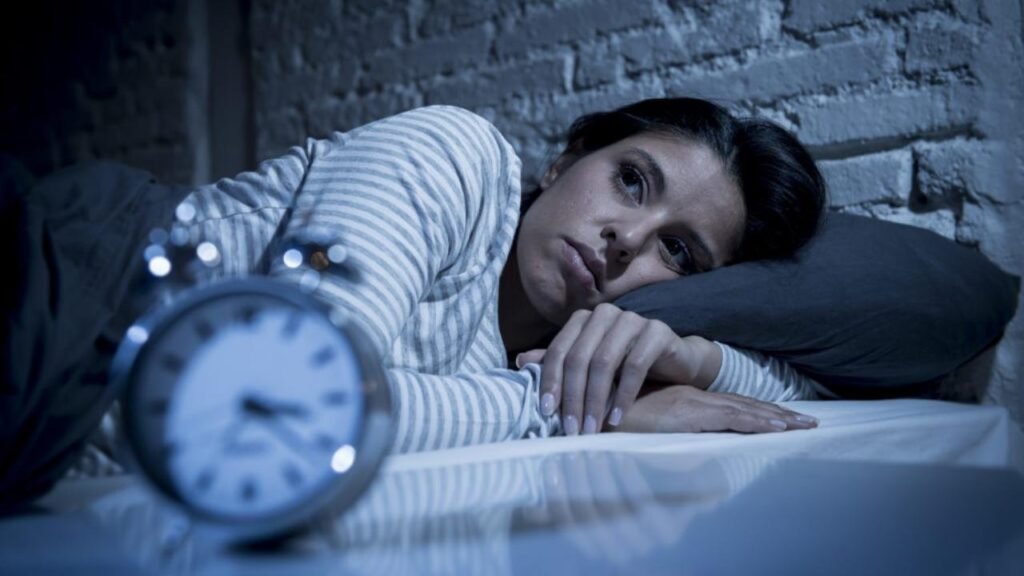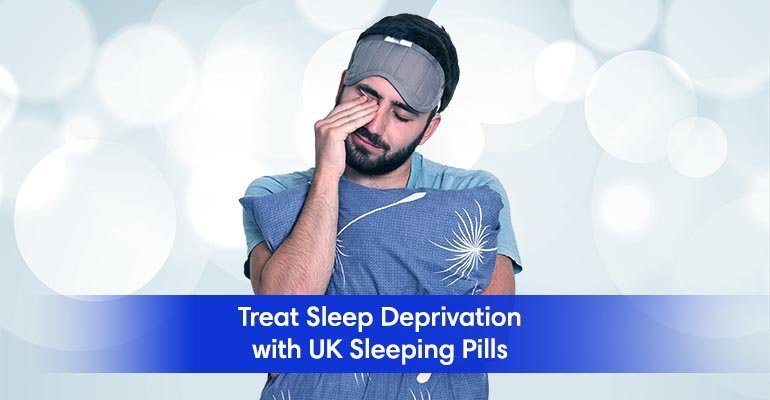Struggling with sleep disorders like insomnia can be overwhelming, and choosing the right sleep aid adds another layer of complexity. Zopiclone is a popular prescription medication for short-term sleep issues, but how does it compare to other sleep aids? In this article, we’ll explore the key differences, benefits, and potential downsides of Zopiclone and other common sleep solutions to help you make an informed choice.
What Is Zopiclone?
Zopiclone is a non-benzodiazepine sedative-hypnotic medication designed to help you fall asleep faster and stay asleep longer. It works by enhancing the activity of GABA, a neurotransmitter that calms the brain, promoting relaxation and sleep. Zopiclone is often prescribed for short-term insomnia or difficulty sleeping due to stress, anxiety, or other factors.
Popular Sleep Aids and How They Compare to Zopiclone
Here’s how Zopiclone stacks up against other commonly used sleep aids:
1. Benzodiazepines (e.g., Diazepam, Lorazepam)
- Similarities: Both Zopiclone and benzodiazepines act on GABA receptors to induce sleep.
- Differences:
- Benzodiazepines are more potent and often used for anxiety in addition to sleep issues.
- They have a higher risk of dependency and withdrawal symptoms.
- Zopiclone is considered safer for short-term use.
- Best For: Severe insomnia or anxiety-related sleep problems under close medical supervision.
Also Read: How Many Zopiclone Can You Take a Night?
2. Melatonin Supplements
- Similarities: Both are used to improve sleep quality.
- Differences:
- Melatonin is a natural hormone that regulates the sleep-wake cycle, with minimal side effects.
- Zopiclone works directly on the brain’s neurotransmitters, making it more effective for severe insomnia.
- Best For: Mild sleep disturbances or jet lag, especially for those seeking a natural option.
3. Over-the-Counter Antihistamines (e.g., Diphenhydramine)
- Similarities: Both help with occasional sleeplessness.
- Differences:
- Antihistamines can cause grogginess and a “hangover” effect the next day.
- Zopiclone is more targeted, with faster onset and less daytime sedation.
- Best For: Occasional use for mild insomnia.
4. Herbal Remedies (e.g., Valerian Root, Chamomile)
- Similarities: Both aim to improve relaxation and sleep.
- Differences:
- Herbal remedies have fewer side effects but lack the potency of Zopiclone.
- Zopiclone is medically tested and regulated.
- Best For: Mild, stress-related sleep issues.
5. Zolpidem (Ambien)
- Similarities: Both are non-benzodiazepine medications used to treat insomnia.
- Differences:
- Zolpidem is more commonly prescribed in the U.S., while Zopiclone is widely used in the UK and Europe.
- Zolpidem has a shorter half-life, reducing the risk of next-day drowsiness.
- Best For: Short-term sleep issues with a focus on fewer lingering effects.
Pros and Cons of Zopiclone
Pros:
- Effective for severe insomnia.
- Works quickly to induce sleep.
- Short half-life minimizes next-day grogginess.
Cons:
- Risk of dependency if used long-term.
- Possible side effects like dry mouth or a metallic taste.
- Requires a prescription, limiting accessibility.
When to Choose Zopiclone
Zopiclone is ideal for short-term sleep problems that significantly affect your quality of life. If other remedies like melatonin or herbal treatments aren’t effective, Zopiclone offers a medically approved solution with a proven track record. However, always consult a healthcare provider to determine if Zopiclone is suitable for you.
Tips for Safe Use of Sleep Aids
- Follow Your Doctor’s Advice: Always stick to the prescribed dosage and duration.
- Combine with Good Sleep Hygiene: Create a bedtime routine, avoid screens before sleep, and limit caffeine.
- Avoid Mixing with Alcohol: This can enhance side effects and increase risks.
- Monitor for Side Effects: Report any unusual symptoms to your doctor immediately.
Final Thoughts: Finding the Right Sleep Aid for You
Choosing the best sleep aid depends on the severity and cause of your insomnia, your lifestyle, and your overall health. Zopiclone offers a reliable option for short-term relief, but it’s essential to weigh the benefits against potential risks.
If you’re considering Zopiclone or any other sleep aid, consult your healthcare provider to ensure it’s the best fit for your needs. Remember, achieving quality sleep often requires a combination of treatment, healthy habits, and a supportive routine.
Also Read: How Long Does It Take for Zopiclone to Put You to Sleep?





